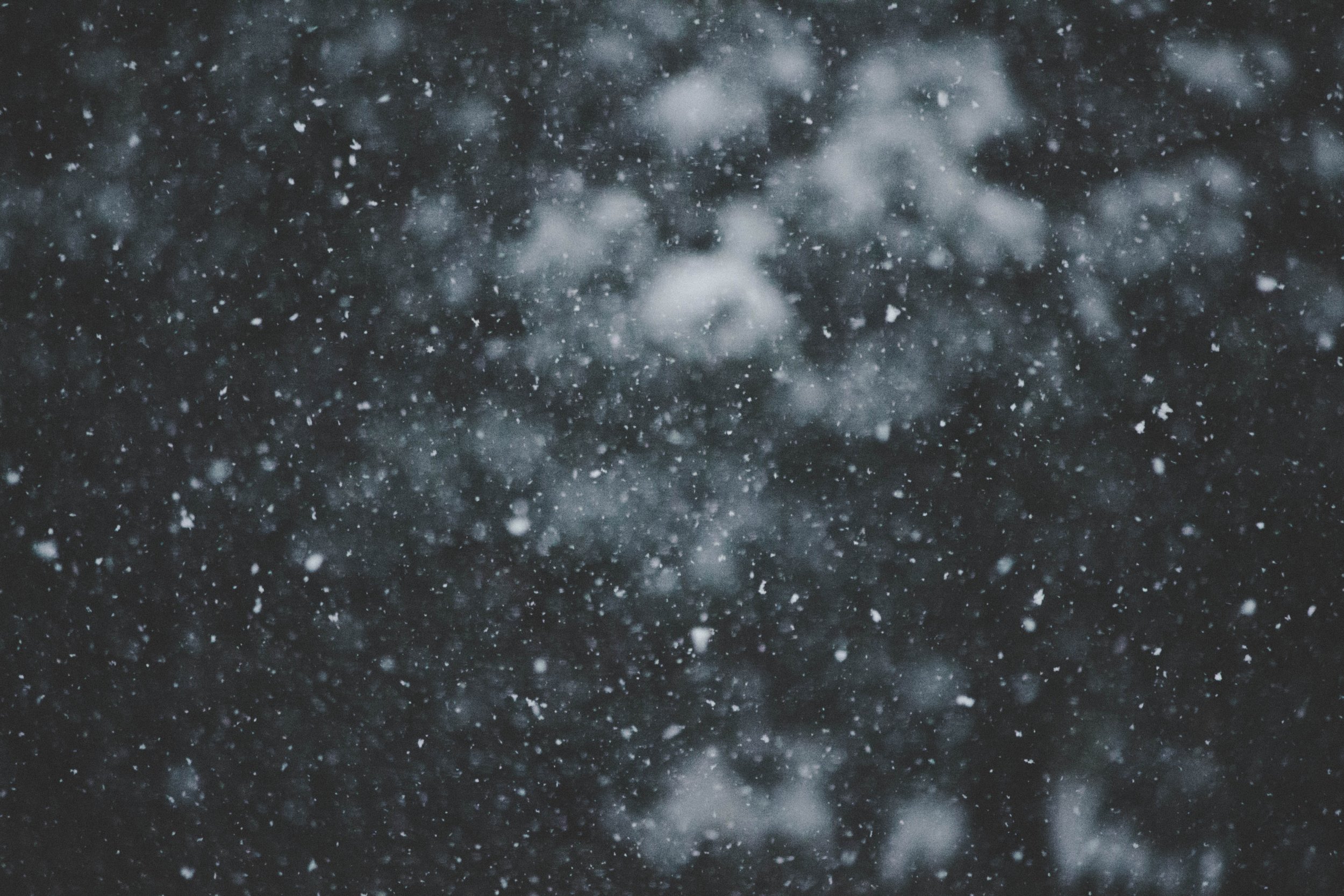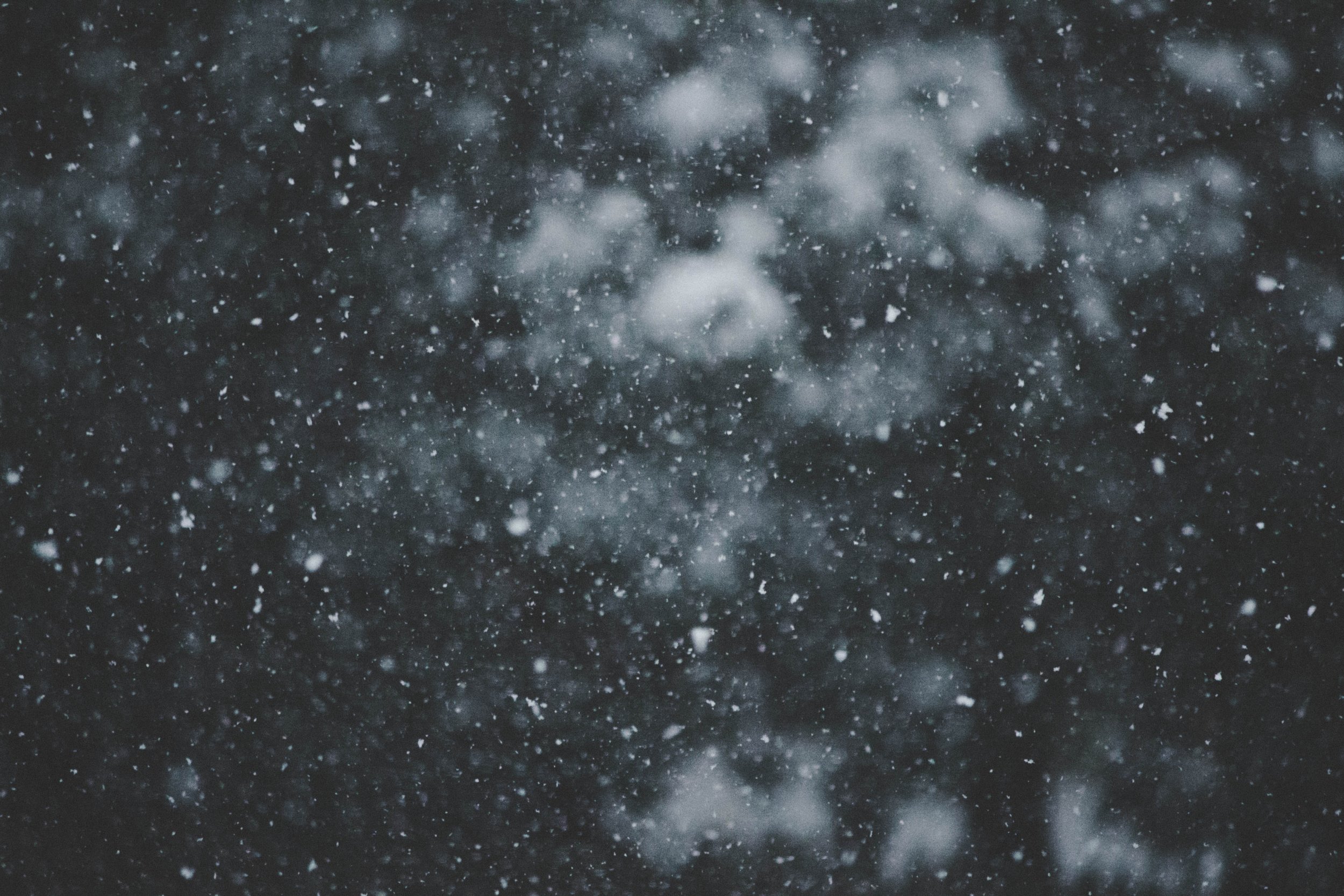As we begin to prepare for the holidays, this is also the time we turn back our clocks to standard time. In order to remember which way the clocks move, we’ve named it “fall back” & “spring forward.” Falling back means changing the clocks back one full hour, resulting in earlier sunsets & later sunrises. This ultimately means more darkness throughout the rest of Fall & Winter. Darkness can feel increasingly isolating & is known to exacerbate already existing mental health problems such as depression & anxiety. Changing back the clocks also negatively impacts our circadian rhythm (body clock), disrupting our sleep/wake cycle & the production of melatonin. Darkness increases the production of melatonin, thus leaving us to feel more tired, sleepy & fatigued in the winter months. In essence, sunlight is directly linked to our circadian rhythm therefore it is no surprise that when the sun goes down, we begin to get sleepy, even if it’s only 5pm!
In addition to sleepiness, extended periods of darkness can cause Seasonal Affective Disorder (SAD), otherwise known as seasonal depression. This manifests as a low mood, loss of interest, fatigue, sadness, change in appetite, tearfulness, irritability, lack of sex drive & loss of pleasure. The more darkness we experience, results in deeper depression & a decreased production of serotonin in our bodies. It becomes a vicious cycle that can be difficult to overcome. So, what can we do to combat the extra darkness while protecting and/or improving our mental health?
Bundle up & go outside for a morning or early afternoon walk. Fresh air & sunlight that goes directly into the eye (retina) produces serotonin in the body. This is one of the main neurotransmitters that relates directly to our mood. Increasing sunlight will also decrease the amount of melatonin being produced, therefore your energy will naturally increase. You will feel more awake, happier & ready to take on the day!
If you are unable to sustain the cold air for a walk, it is highly recommended to invest in a full spectrum light therapy box. These light therapy boxes are specifically designed to provide the full spectrum of electromagnetic wavelengths to mimic natural sunlight. It is best to use these boxes in the morning & early in the day for approximately 20-60 minutes for optimal benefits. It is important to note, that you should NOT use light therapy boxes at night, as this will disrupt your production of melatonin & cause difficulty sleeping. Over the years these light spectrum therapy boxes have become more affordable & smaller in size, making them much more accessible for everyone.
Begin a regular exercise routine which can include strength training with weights, cardio workouts (walking, running, swimming), yoga, pilates or gentle stretching. Exercise will naturally increase your energy levels & regulates your neurotransmitters (endorphins, dopamine, serotonin & norepinephrine). These are neurotransmitters closely linked to our mood.
Make an effort to engage in social events with friends & family members. As the day quickly turns into night, it can be very easy to isolate & withdraw from those we love. Therefore, it’s very important to go the extra mile to increase socialization & interaction with others. The next time you have the desire to stay in & be a hermit, challenge yourself to meet up with a friend. Your mood will thank you!
For more support around caring for your mental health during the winter months, click here.

